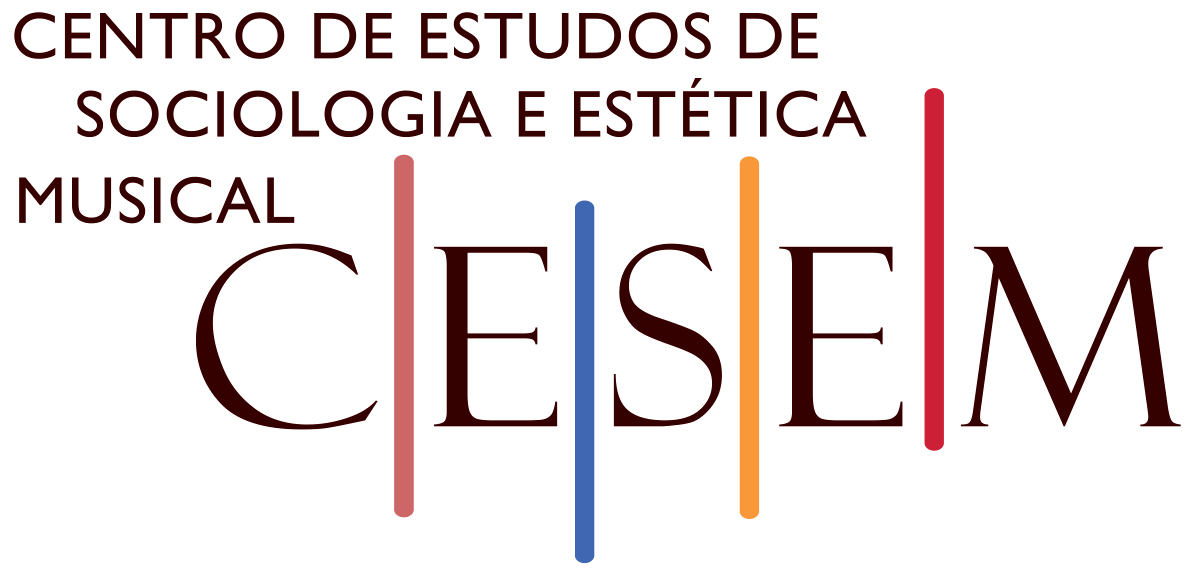Collaborator
NOVA FCSH
Gradueted in Piano from the Federal University of Goiás and received his master’s degree in Musicology from the Brazilian Conservatory of Music – Rio de Janeiro. PhD candidate student in Musicology at Universidade Nova de Lisboa. Teixeira is a Pianist at EMAC-UFG since 1993 and was a Researcher at the ITS-PUC / Go Center for Folklore and Cultural History from 2001 to May 2016. As a pianist, she received third prize in the Excellence- Professional in Hyères – France and the first prize and best interpretation of Villa-Lobos – Villa-Lobos National Competition – São Paulo. Among the theaters where she performed, Carnegie Hall in New York, the National Center for the Arts in Mexico City, the Venetian Theater in Macau (China) and the Teatro de São Carlos in Lisbon. She started the Brazilian Music series at the Wereld Museum, Evenaar Theater in Rotterdam, The Netherlands. Also founded in Lisbon, together with the tenor Alberto Pacheco, the Academia dos Renascidos, which aims to promote Portuguese-Brazilian music, which has already brought to the stage several modern premieres. Has participated with presentation of work in several Musicology Congresses in Brazil and abroad. In 2002 she published an article in the book “Musices Aptatio”, edited in Germany: “Music for Flutes of the Xingu Indians”. She is a Correspondent Member of the Historical and Geographical Institute of Goiás. She was awarded the Berenice Artiaga Commendation by the Goiás State Legislature and the Anhanguera Commendation of the Government of the State of Goiás for the dissemination of Brazilian culture in other countries. She wrote the book “The Density of Self in the Folia de Reis: An Investigation of Time, Myth, Memory and Sense,” published by Editora Kelps, 2009. She was elected as an alternate in the Music Area for the biennium 2015-2017, National of Cultural Policies, of the Ministry of Culture, representing the State of Goiás.

